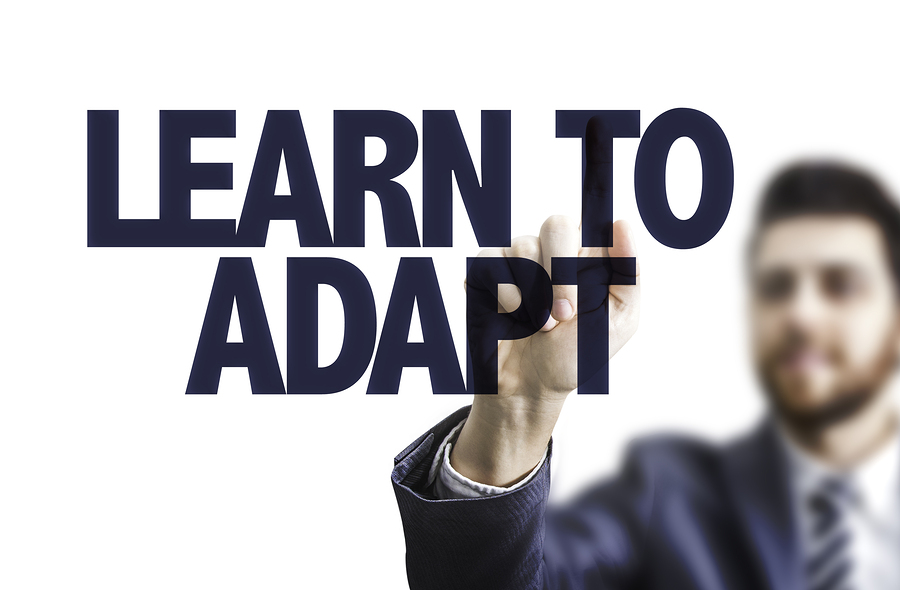Today we’re going to look at four powerful questions regarding business adaptability. How do we define adaptability? It is the ability to change in order to work better toward a purpose. Very important, in today’s dynamic world. So let’s get on with these four questions:
1. Why does it matter? Why is it even important to look at business adaptability in the first place? Well, let’s consider the worst-case scenario if we don’t adapt. You could essentially lose your business or career. Take Blockbuster Videos, for example. They were in many ways unwilling to adapt quickly enough, and they missed out on the opportunity that their competitor Netflix capitalized upon. Now, there’s no longer a Blockbuster on every corner.
Another example is from my personal life. I remember that when I was driving around Houston for the very first job I had, I was looking at a key map in order to find directions to get to my destination. Imagine if I were still looking at these cumbersome maps today. Instead, nowadays I’d plug the address into my phone’s internal GPS, which literally takes seconds. Technology makes everything simple, and makes life and business better. This is another reason why adaptability matters.
2. What could it look like? Take a look at your marketing, for instance. Check out everything that’s changed with regards to the Internet and technology, in your own organization and outside of it. I’m involved in a networking group that now combines online networking with offline meetings. So that is an example of what adaptability could look like.
3. Am I really adaptable? Now, I know you’re probably reading this and thinking to yourself, “Of course I am adaptable.” But give it a bit more thought than that. Are you really willing to become extremely uncomfortable in order to make the necessary changes?
4. When to not be adaptable? Change just for the sake of changing doesn’t always make sense, especially if the said change doesn’t fit into the core purpose of your organization. Also, it’s very hard to make the right changes if you don’t even know what your core purpose is, so figure that out first. Why do you exist as a business, or why did you choose your career? Will the change you plan to make reinforce that reason?
Second, is there a cost benefit there? Perhaps the change is so expensive that the reward isn’t good enough. Or, if what you’re currently doing works extremely well and isn’t going obsolete, then maybe it’s unnecessary to make changes. It’s okay not to change.
So as we look at those four questions, the whole idea is to be open to adapting. I want to encourage you to really think about these questions, and go out, take action on them today.
